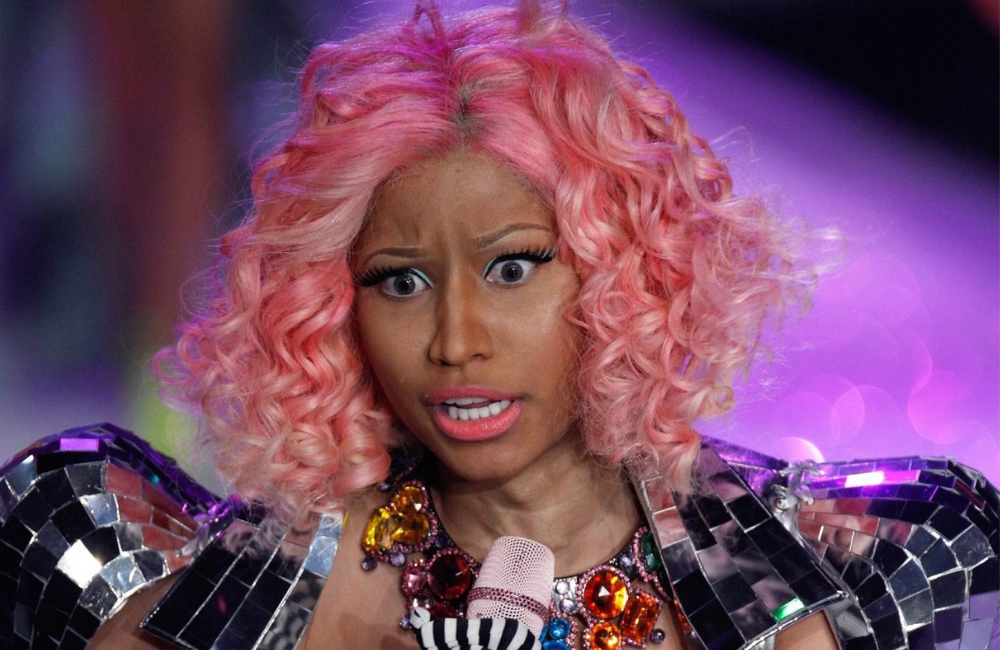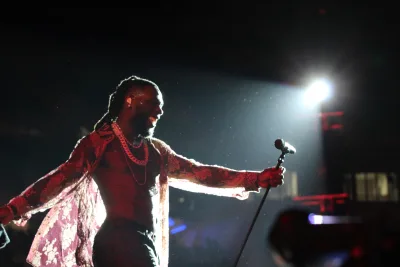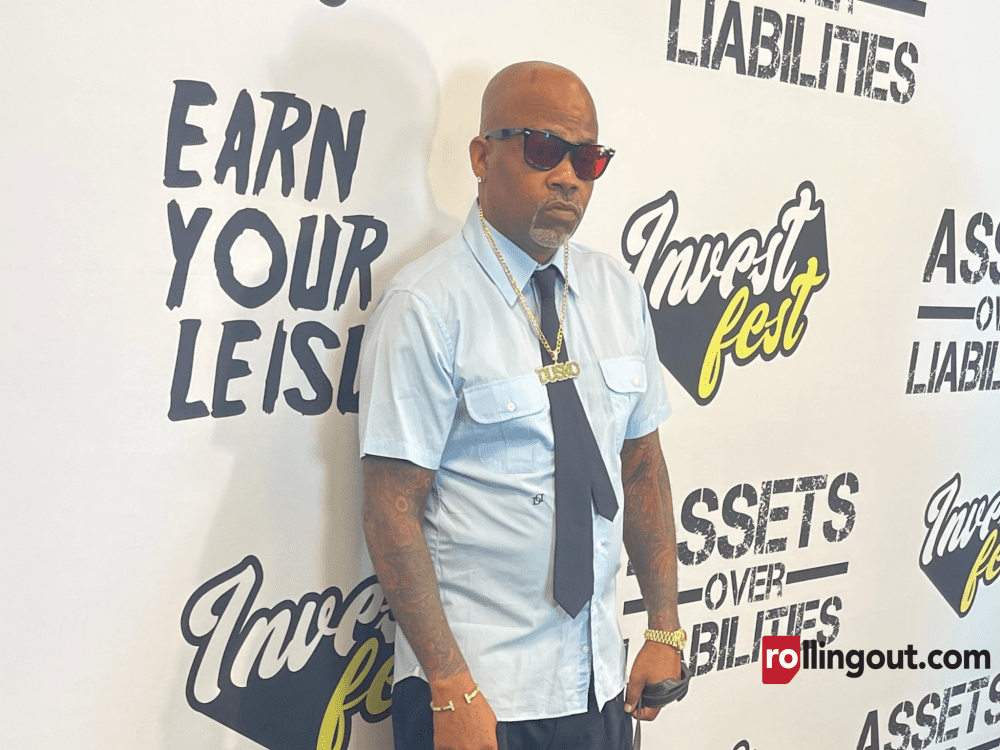How the dispute started
The drama unfolded on Sept. 20 during Stoute’s appearance on The Pivot podcast. He criticized Minaj for her comments regarding Jay-Z and Tidal, particularly her assertion that she had not received any compensation after Jay-Z sold the platform for $300 million. This revelation was surprising, especially given her significant role in launching the service in 2015.
What Stoute said
Stoute suggested that Minaj’s financial woes stemmed from her failure to sign the necessary paperwork, implying that Jay-Z had not wronged her.
“I think in that case, what Nicki did was wrong,” Stoute said in the interview, according to XXL. “To bring up Tidal, his streaming company — that he gave you equity in, that you didn’t sign the f-ucking paperwork — … that’s the reason why you left millions of dollars on the table. That man [Jay-Z] didn’t do nothing to you.”
He also urged for unity within the Black community, criticizing Minaj for bringing the issue out in public by calling it “black-on-black crime.”
Minaj’s response
Minaj quickly countered Stoute’s comments on social media, claiming she was offered only $1 million as part of the Tidal deal, with conditions she found unacceptable. She asserted that she was pressured to sign the agreement within 24 hours or risk losing it. She further alleged in a post on X, according to Complex, that she was “scammed.”
Minaj also suggested that Stoute’s remarks were an attempt to deflect attention from larger issues in the industry, particularly the recent legal troubles surrounding Sean “Diddy” Combs.
The bigger picture
This public spat underscores the challenges artists face navigating contracts and relationships in the music industry, particularly for Black artists who often find themselves at a disadvantage. Reports show that artists earn significantly more on Tidal compared to Spotify, with an average payout of about $0.012 per stream on Tidal versus $0.004 per stream on Spotify. This discrepancy raises critical questions about transparency and fairness.
Moreover, the conflict emphasizes the broader power dynamics in the music business. Minaj, a prominent figure in hip-hop, represents a voice for many artists who encounter similar struggles, making her experience significant beyond this particular dispute.
As fans and industry insiders monitor this situation, it remains to be seen how it will affect Minaj’s career and her relationship with Tidal and Jay-Z. One thing is clear: the conversation about pay, artist rights and fair practices in the streaming era is far from over.
















